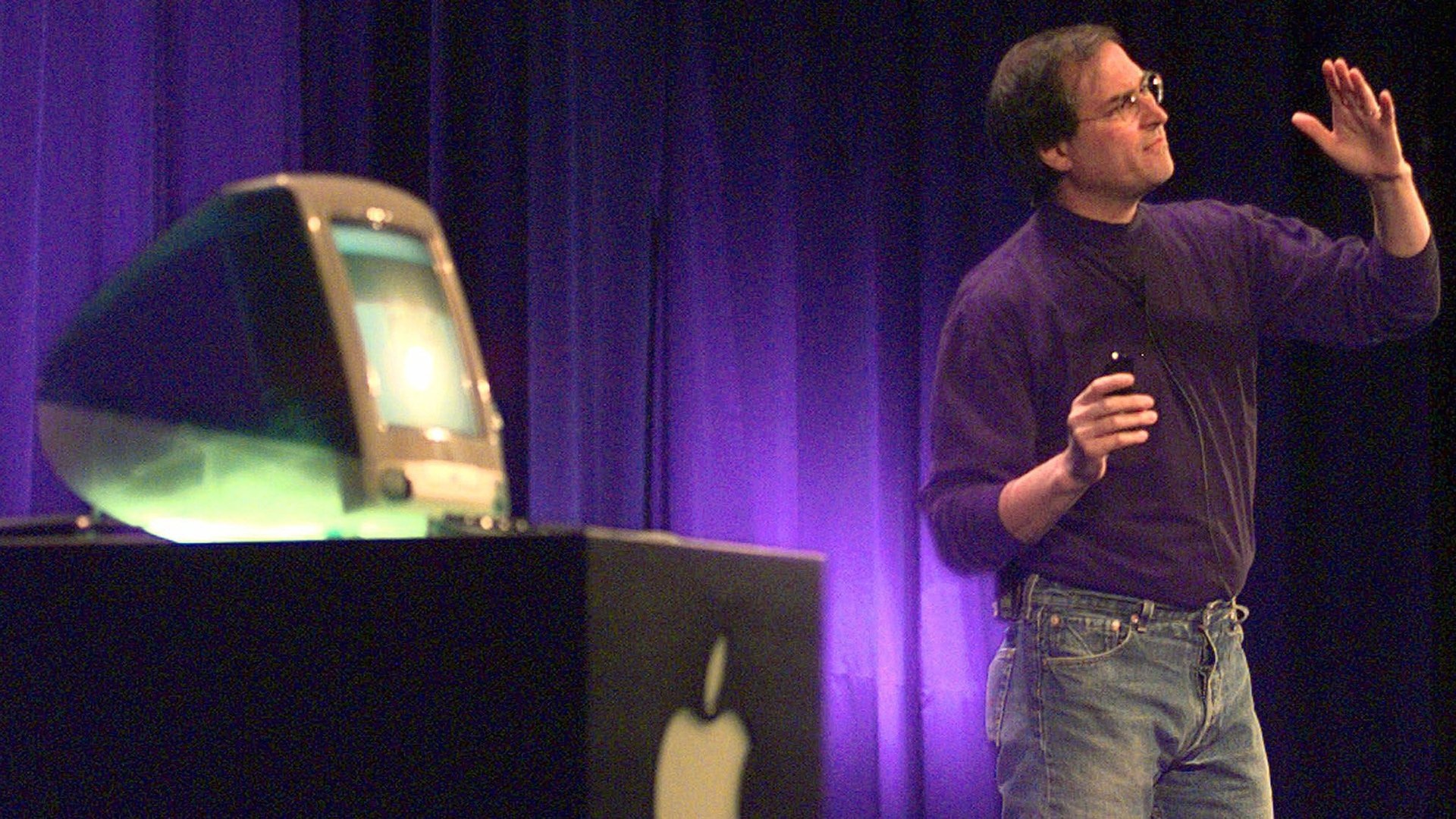Is Apple starting to move manufacturing back to the US to get away from its competitors?
Back in the 1990s, before Foxconn and the iPhone, Apple manufactured many of its devices in the US. That was before low labor costs enticed companies like Apple to relocate their factories to Asia. It now looks like a small sliver of Apple’s manufacturing is coming home.


Back in the 1990s, before Foxconn and the iPhone, Apple manufactured many of its devices in the US. That was before low labor costs enticed companies like Apple to relocate their factories to Asia. It now looks like a small sliver of Apple’s manufacturing is coming home.
The company told Businessweek that it will spend $100 million next year on building personal computers in the US. (There’s speculation that it’s already happening in the US: AllThingsD has found a few of the new 21.5-inch iMacs with “Assembled in USA” labels.) It’s a small step—PCs account for only 15% of the company’s revenue—but it could represent the beginning of a return to manufacturing at home.
Why? The company implied that it’s because it feels a pressure to help the economy in a recession. “I don’t think we have a responsibility to create a certain kind of job,” Apple CEO Tim Cook said in an interview in Bloomberg Businessweek. ”But I think we do have a responsibility to create jobs.”
But the US isn’t France, where uncooperative companies are threatened with nationalization, and Apple has never been shy about pursuing its own interests. Another reason for the move may be the flak it has received for the working conditions at Foxconn, as Venture Beat notes. “Moving some Mac production to the US is a good first step away from relying on Asian manufacturing plants.”
But there are probably deeper reasons why manufacturing in Asia has become less advantageous for Apple. Horace Dediu, a mobile industry analyst at Asymco, has been arguing for Apple to return to owning its factories for some time. Based on Cook’s remarks, he wrote in a blog post:
An insidious problem emerges when outsourcing: suppliers tend to become competitors… Consider how Samsung’s foreknowledge of Apple’s orders allowed them to anticipate the demand for large screen smartphones. Receiving orders years in advance for memory, screens and CPUs in the hundreds of millions would be a clear indication of demand. Receiving funds with which to build capacity is an enormous help when turning on production for your own versions of the product… The supplier-turned-competitor is one of the risks of outsourcing production and is at the root of disruption from value chain evolution.
In a phone interview, Dediu elaborated on the significance of the move. “I think manufacturing is another element in a long story of reintegrating and adding control and therefore being able to synchronize their product development to their manufacturing.”
In this respect, Apple may be like other, lower-tech firms that have started moving their manufacturing back to the US. In a recent article for The Atlantic (a Quartz sister publication), Charles Fishman writes that companies have started realizing that there are some hidden costs to offshoring:
For years, too many American companies have treated the actual manufacturing of their products as incidental—a generic, interchangeable, relatively low-value part of their business. If you spec’d the item closely enough—if you created a good design, and your drawings had precision; if you hired a cheap factory and inspected for quality—who cared what language the factory workers spoke?
But Fishman says, problems of quality, high energy prices (for shipments), and delivery delays may eat into the savings obtained through lower labor costs, all while wages are rising in countries like China. Just as importantly, he notes, offshoring works well when your product isn’t changing very much; but as product cycles for run-of-the-mill things like fridges and dishwashers have sped up, it’s making it harder to innovate:
If the people who design dishwashers sit at their desks in one building, and the people who sell them to retailers and consumers sit at their desks in another building, and the people who make the dishwashers are in a different country and speak a different language—you never realize that the four screws should disappear, let alone come up with a way they can.
Apple’s move seemed improbable not so long ago. At a dinner in 2011 US President Barack Obama asked Cook’s late predecessor Steve Jobs about bringing manufacturing to the US, according to the New York Times:
”What would it take to make iPhones in the United States?” Obama asked. ”Why can’t that work come home?”
Mr. Jobs’s reply was unambiguous. “Those jobs aren’t coming back,” he said, according to another dinner guest.